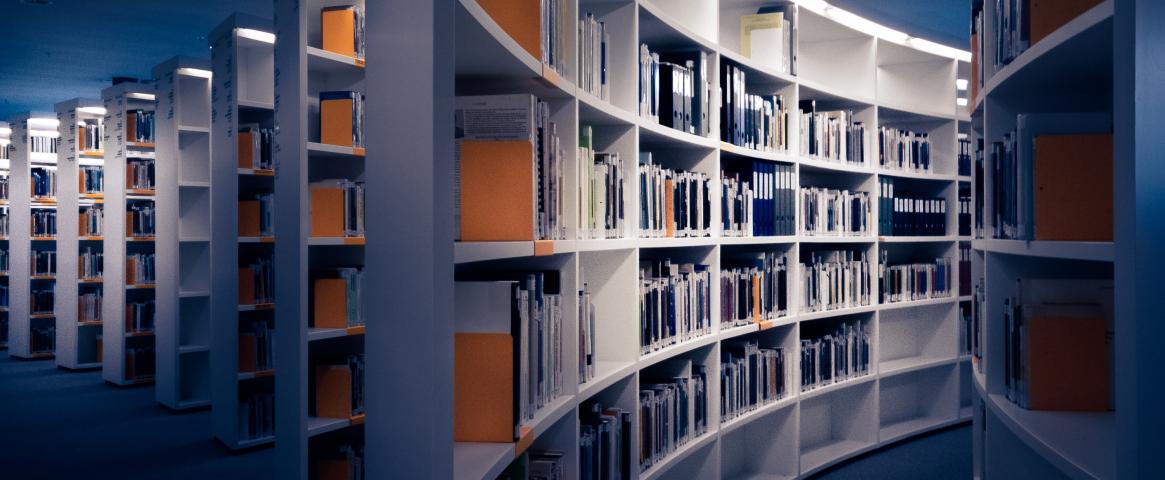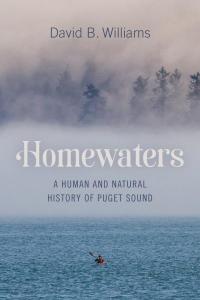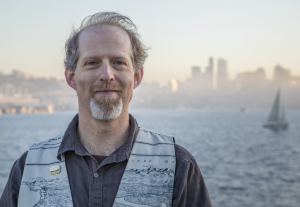
David Williams: Homewaters—A Human and Natural History of Puget Sound
A HUMAN AND NATURAL HISTORY OF PUGET SOUND
David B. Williams
University of Washington Press, April 24, 2021, $29.95
ISBN-10: 0295748605; ISBN: 9780295748603
Williams reports:
I began this book with the idea of wanting to write about the human and natural history of Puget Sound. I had long been attracted to a variety of stories and places around the Sound but didn’t know what direction to take. I reached out to scientists, historians, and tribal members to see what issues and stories interested them. Five months later, I put together a book proposal based on those interviews and on additional research.
I submitted it only to the University of Washington Press, publisher of my two previous books Too High & Too Steep and Seattle Walks. I knew they were interested because I had been talking to their acquisitions editor, and she had encouraged me to pursue the idea.I turned in the manuscript in June 2019, about two years after signing my contract. It was sent out for peer review, a typical process for academic presses. Although those reviews resulted in six additional months of revisions, they ultimately led to a better book.
Homewaters takes a deep dive into Puget Sound, exploring the more than 13,000 years of people living here. My goal was to provide a long term look at how people have adapted to geological and ecological transformation, developments of new technology, and to newcomers who brought different ways of interacting with the landscape and its inhabitants. I wanted to tell how the region’s human inhabitants have shaped and been shaped by place.
The second half of the book turns to natural history and four often overlooked but essential groups, shellfish, rockfish, kelp, and herring: how they inhabit their world and how that affects the way people interact with them. The book ends by continuing a thread woven throughout, the lives of salmon and orca. Here I aimed to report how the region’s non-human inhabitants have shaped and been shaped by place.
Several years ago, I purposely chose to be a writer of regional stories. I feel it has paid off by leading to a strong relationship with a single publisher that knows I will write a book filled with my enthusiasm, knowledge, and passion for my chosen home landscape.
Contact info:
- David B. Williams, 206-985-2727, wingate@seanet.com, http://geologywriter.com/, @geologywriter
- Book: https://uwapress.uw.edu/book/9780295748603/homewaters/, https://geologywriter.com/homewaters-a-human-and-natural-history-of-puget-sound/
- Publicist: Kait Hancock, 425-923-9815, kheacock@uw.edu
NASW members: will your book be published soon? Take advantage of this opportunity for shameless self-promotion. Submit your report for Advance Copy.
Tell your fellow NASW members how you came up with the idea for your book, developed a proposal, found an agent and publisher, funded and conducted research, and put the book together. Include what you wish you had known before you began working on your book, or had done differently.
See https://www.nasw.org/advance-copy-submission-guidelines.
View Advance Copy archives at https://www.nasw.org/member-article/advance-copy.
Thinking of writing a book? If you are a NASW member, you may access a list of more than 200 books and online resources to help you craft your book proposal, find an agent and funding sources, negotiate your contract, learn about self-publishing, publicize and market your book, and more at https://www.nasw.org/article/write-book.
Send book info and questions about book publishing to Lynne Lamberg, NASW book editor, llamberg@nasw.org.
Follow @LynneLamberg on Twitter for news about science/medical books and writing.
Hero image by Martin Adams on Unsplash.
Advance Copy
The path from idea to book may take myriad routes. The Advance Copy column, started in 2000 by NASW volunteer book editor Lynne Lamberg, features NASW authors telling the stories behind their books. Authors are asked to report how they got their idea, honed it into a proposal, found an agent and a publisher, funded and conducted their research, and organized their writing process. They also are asked to share what they wish they’d known when they started or would do differently next time, and what advice they can offer aspiring authors. Lamberg edits the authors’ answers to produce the Advance Copy reports.
NASW members: Will your book be published soon? Visit www.nasw.org/advance-copy-submission-guidelines for information on submitting your report.
Publication of NASW author reports in Advance Copy does not constitute NASW's endorsement of any publication or the ideas, values, or material contained within or espoused by authors or their books. We hope this column stimulates productive discussions on important topics now and in the future as both science and societies progress. We welcome your discussion in the comments section below.


